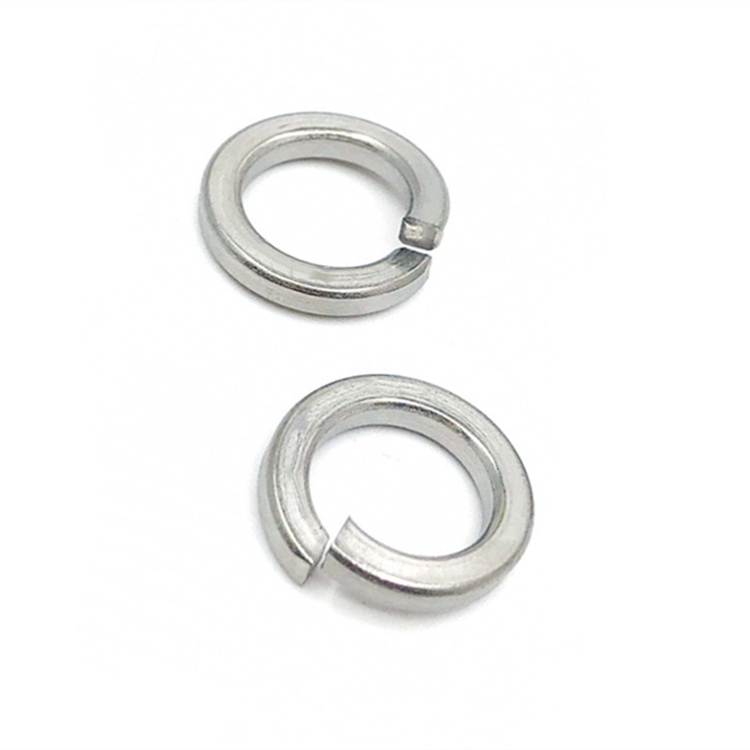Manufacturer of 1% 204% Bolts and Nuts for Various Industrial Applications
Nov . 01, 2024 13:28 Back to list
Manufacturer of 1% 204% Bolts and Nuts for Various Industrial Applications
The Importance of Quality in Bolt and Nut Manufacturing
In the manufacturing sector, small components like bolts and nuts play a crucial role in ensuring the structural integrity and functionality of countless products. Among manufacturers, a select few focus on the precision and quality control necessary for producing high-grade bolts and nuts. A company specializing in a 1% to 4% range of non-conformance is indicative of a commitment to excellence while maintaining an efficient production process.
The Importance of Quality in Bolt and Nut Manufacturing
To achieve such an impressive non-conformance rate, a manufacturer must employ best practices in production and quality control. This includes using high-quality raw materials, advanced manufacturing techniques, and rigorous testing protocols. The manufacturing process often involves forging, machining, and surface treatment, each step requiring careful monitoring to avoid defects.
1 4 bolts and nuts manufacturer

Moreover, modern bolt and nut manufacturers leverage technology to enhance productivity and maintain quality. Automation and robotics streamline the production lines, while sophisticated quality assurance systems implement real-time monitoring. This not only minimizes human error but also ensures that components are manufactured consistently to meet the highest standards.
Furthermore, customer feedback plays a significant role in maintaining quality assurance. By actively seeking and analyzing customer input, manufacturers can identify areas for improvement. In a competitive market, the ability to adapt and improve based on feedback is essential for long-term success.
Sustainability also plays a role in modern manufacturing practices. Companies are now focusing on environmentally friendly materials and methods. This shift not only meets regulatory requirements but also satisfies a growing market demand for sustainable products. Manufacturers that can combine quality production with sustainability will likely lead the industry in future trends.
In conclusion, the bolt and nut manufacturing industry is critical to many sectors, ensuring the safety and reliability of products. A manufacturer that maintains a 1% to 4% non-conformance rate demonstrates a strong commitment to quality, driven by modern technology, rigorous testing, and customer engagement. As industries evolve and demand for high-quality products continues to rise, those manufacturers dedicated to excellence will be the ones to thrive.
Latest news
-
High-Quality Panel Stud Bolt Reliable Panel Stud Bolt Factory & Suppliers
NewsJul.08,2025
-
High-Precision Fine Thread Locknuts Manufacturer & Supplier Custom Solutions
NewsJul.08,2025
-
PH Imperial Stud Bolt – High Strength Fasteners from Leading Supplier & Factory
NewsJul.07,2025
-
High-Quality Allen Wrench Bolts Leading Factory, Company & Suppliers
NewsJul.07,2025
-
Wholesale Ball Stud Bolt - High Quality Supplier & Factory Price Reliable Wholesale Ball Stud Bolt Company
NewsJul.06,2025
-
High-Strength Alloy Bolts Manufacturer & Supplier Quality Alloy Fasteners Factory
NewsJul.06,2025
